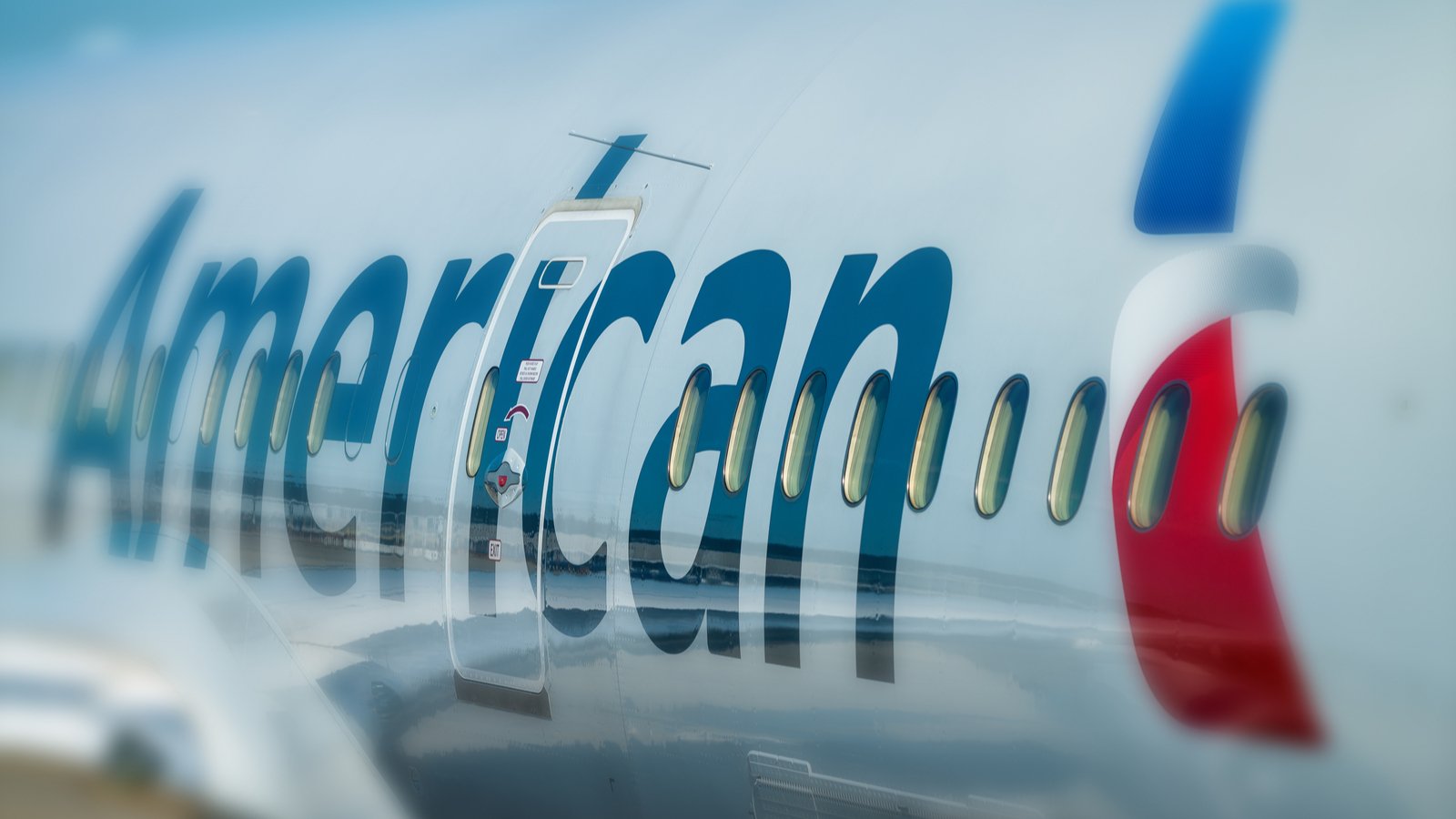It’s often said that investing for the long-term is the way to go, and for many investors that’s true. Specific to American Airlines (NASDAQ:AAL), it’s possible that the carrier will someday soar again, but the road to recovery for AAL stock is likely to be bumpy and lengthy.

Every stock — even supposedly boring consumer staples and utilities — will subject investors to some turbulence along the way. That’s just the name of the investing gaming, but for long-term investors it’s vital to limit drawdowns and have some clarity on when a company will offer upside.
Right now, AAL stocks potentially has more downside ahead of it, and any return to pre-coronavirus normalcy is likely years off for the airline industry.
Texas-based American Airlines, like its peers, will be participating in the government airline bailout — the second this century — and there are some signs that much of the good news surrounding Uncle Sam’s generosity toward the industry is baked into the stocks. On April 6, the S&P 500 jumped 7% while AAL gained just 1.17%.
Year-to-date, AAL is lower by over 56%, putting it below the performance of the U.S. Global Jets ETF (NYSEARCA:JETS), which is down about 51%.
Pre-Virus Problems for AAL Stock
As noted above, airlines are onto their second bailout this century, which is a good indicator that neither the industry nor the government appears to be learning any lessons. American Airlines embodies that reticence.
After nearly being put out of business because of the Sept. 11, 2001, terrorist attacks, American found a way to rebound, due in part to the government allowing it to merge with U.S. Airways. After that, carriers feasted on cheap debt and buybacks, with American entering 2020 with $29.7 billion worth of liabilities. That was more than seven times its current market capitalization.
Yes, interest rates are low and AAL stock has $7.3 billion in liquidity, but that debt load is a burden to bear. It’s unattractive in almost any environment, let alone one that will probably result in airlines looking significantly different than they did a few months ago. And for those tempted by the stock’s 3.5%-plus dividend yield, don’t be. Once the company takes government assistance — and it will — the dividend and repurchase plans are out the window.
From 2014 through 2019, American spent nearly $13 billion combined on buybacks and dividends, yet here we are. We’re discussing a stock that trades at a third of the levels it did in early 2014 and is flirting with all time lows.
Lest we forget, that that period included a time in which oil — a major input cost for airlines — was in a bear market, meaning any cost savings on fuel and gains from nickle-and-diming customers were squandered in the name of shareholder rewards.
Bottom Line
Admittedly, there’s risk in being overtly bearish with any stock that’s been drubbed on par with American Airlines. Any small bit of good news can lead to big short-term rallies. The flip side of that with AAL stock is that the good news — it’s probably not going to disappear and is getting government funds – is reflected in the current share price.
Analysts remain leery of the stock. J.P. Morgan analyst Jamie Baker recently cut his rating on American to “underweight” from “overweight” while noting the company isn’t out of the bankruptcy woods.
In our opinion, the margin for error for American management to navigate this crisis outside of the courts is growing uncomfortably thin (and dependent on factors outside of management control, i.e. duration of the virus, traffic recovery cadence, further government support) that we really don’t think we’re left with a choice but to downgrade our credit opinion on American as well, to underweight (from our prior neutral on the credit side),” said Baker in note.
Add it all up and, even for the investor who insists on embracing coronavirus redemption stories, there are better bets than this.
Todd Shriber has been an InvestorPlace contributor since 2014. As of this writing, he did not hold a position in any of the aforementioned securities.
